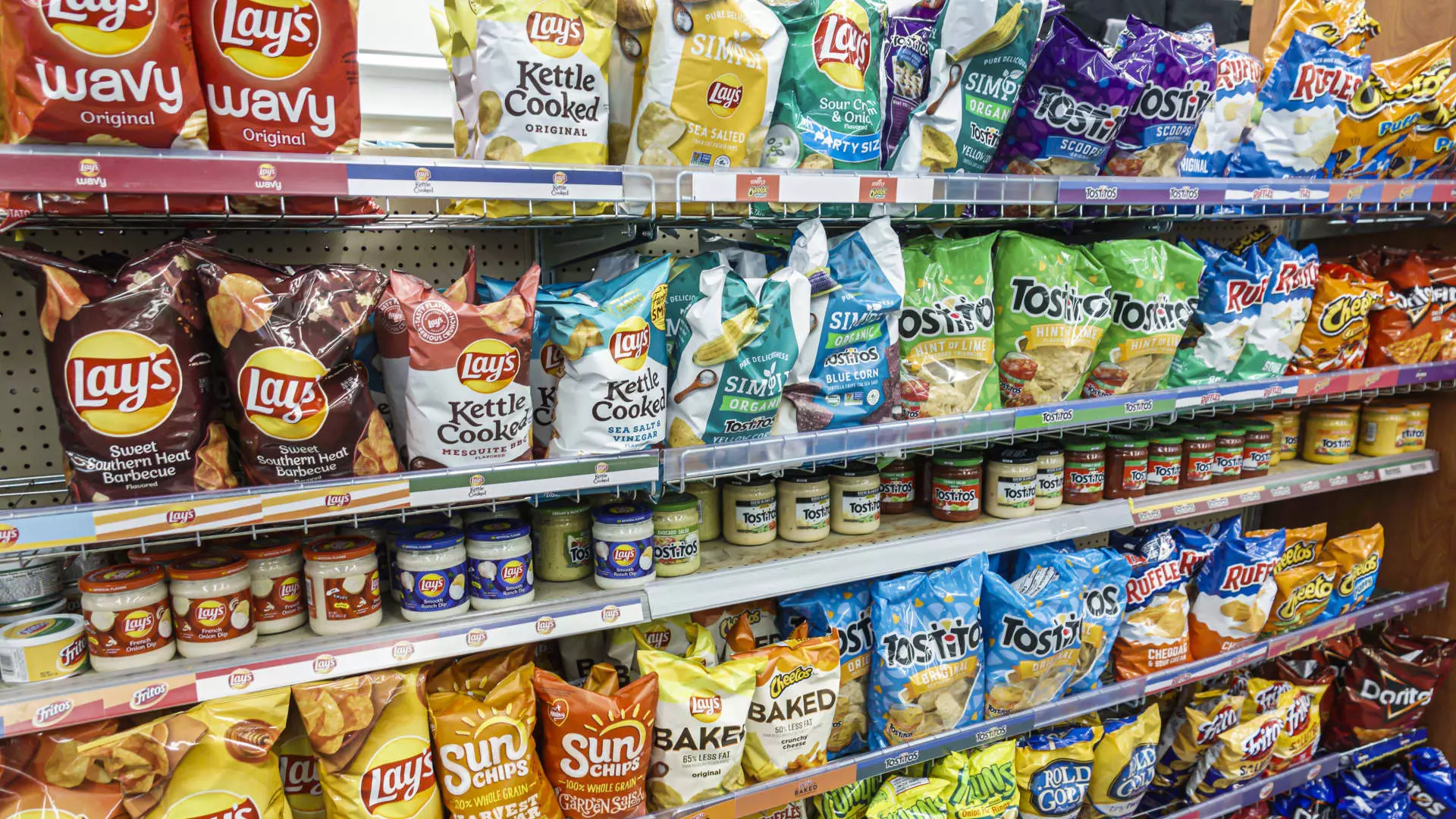On a tumultuous Friday, processed food stocks faced significant declines as investors expressed alarm over the potential repercussions of the incoming administration led by President-elect Donald Trump and his controversial ally, Robert F. Kennedy Jr. In a market where confidence often hinges on stability and predictability, the announcement of Kennedy as the nominee for secretary of the Health and Human Services Department sent ripples of concern through the food and beverage sectors. Iconic brands like PepsiCo and Coca-Cola experienced considerable drops of over 4% and 1.3%, respectively, as traders reacted to the unsettling prospect of increased regulatory scrutiny.
The ramifications of this political shift were glaringly visible across various food industry giants. General Mills, known for its staple products like Cheerios and Betty Crocker cake mixes, saw a decline exceeding 2%, while Conagra Brands, recognized for its frozen and packaged goods such as Reddi-wip, mirrored this trajectory. Notably, Campbell Soup — the producer of household favorites like Goldfish crackers and Pepperidge Farm cookies — experienced a near 3% retreat. These declines underscore the pervasive anxiety circulating within the sector as the new administration promises a reevaluation of existing food safety regulations, particularly under the watchful eye of a nominee known for his unconventional views on public health and nutrition.
Robert F. Kennedy Jr.’s selection has sparked controversy, particularly due to his background as a vaccine skeptic and his vocal opposition to certain governmental health measures. His remarks about the Food and Drug Administration (FDA) suggest a dramatic shift in direction, asserting that the current regulatory framework fails to protect public health, especially for children. His criticism extends to popular products laden with additives, as highlighted in a recent interview where he questioned the excessive ingredients found in certain cereals compared to their counterparts in other countries. Such statements reflect a broader ideological stance that could lead to significant changes in how food products are regulated and marketed in the United States.
With Kennedy poised to potentially oversee critical federal health agencies, including the FDA and the Centers for Disease Control and Prevention (CDC), the implications for the food industry could be profound. Investors are increasingly wary that Kennedy’s “Make America Healthy Again” agenda will target major processed food companies, pushing for reforms that could reshape the landscape of American nutrition. If Kennedy’s nomination receives Senate approval, his influence could extend to managing federal programs like Medicare and Medicaid, further complicating the relationship between the government and the food industry.
As processed food stocks continue to navigate this uncertain environment, the ire of investors serves as a cautionary tale of how political dynamics can swiftly alter market perceptions. The specter of increased scrutiny surrounding beloved brands raises questions about not only regulatory paths but also the fundamental ways in which food is produced, marketed, and consumed in America.

Leave a Reply